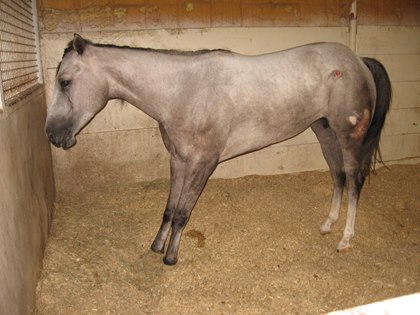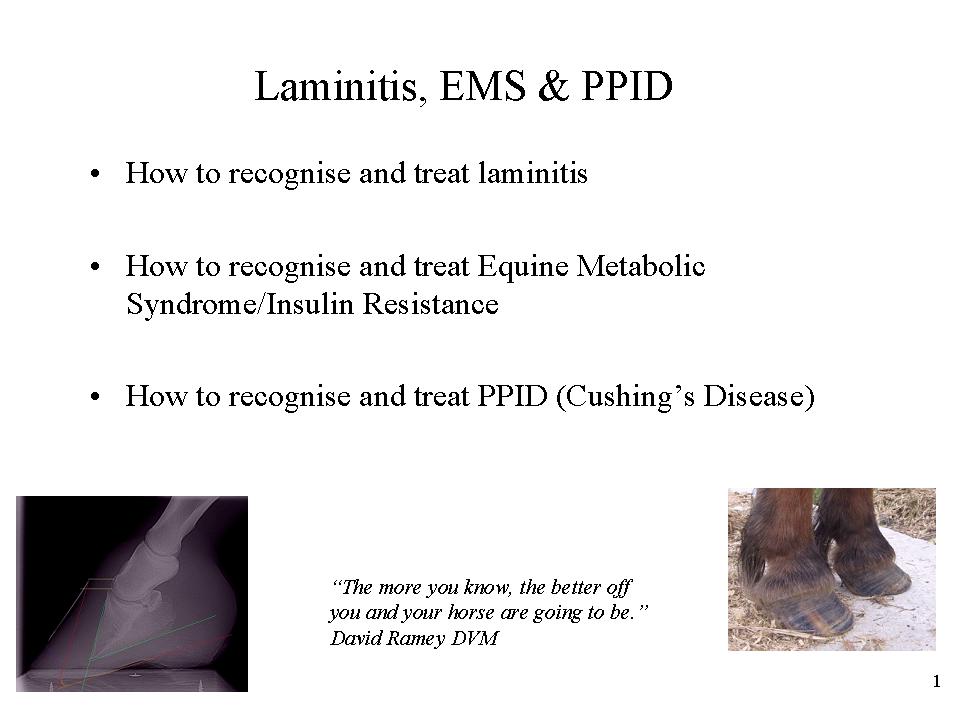Treating Early Signs Of Laminitis

Look for changes in walking such as not.
Treating early signs of laminitis. Pay attention to your horse s mood. Pain in the toe region when. Shifting lameness when standing. This increase occurs as much as 12 hours before the obvious physical signs of laminitis appear a small window of time to begin aggressive treatment that may prevent the worst damage.
He also might be standing differently than normal because he is. Pain in the sole. Acute laminitis is when it first develops and the signs are associated with pain. Increased digital pulse in the feet most easily palpable over either sesamoid bone at the level of the fetlock.
A strong bounding digital pulse slide your hand down the side of your horse s lower limb where the digital artery. There are three general stages of laminitis. Horse feels his feet. Every horse is different and will show different symptoms and different degrees of pain recognise and investigate any of these signs too many horses go undiagnosed because the early signs of laminitis are not picked up the earlier you recognise the symptoms remove the cause and support the feet the better the outcome is likely to be.
Look for early signs of laminitis. Heat in the feet. Early in an episode of laminitis a horse s blood pressure shoots up by 20 to 30 points or more as blood is forced through the constricted vessels within the hooves. Lameness especially when a horse is turning in circles.
He may seem down and his appetite may be less than normal. Liv gude is the founder of pro equine grooms. An altered foot shape. The ultimate goal when looking into the early signs of laminitis is to provide pain relief as well as disrupt the inflammatory response so that bones don t start to shift and drop inside the hoof.
If laminitis is allowed to play out the consequences can be severe costly or even fatal. A distorted hoof. 10 early warning signs of laminitis 1. The five signs to look out for are.
7 early warning signs of laminitis in horses lameness. Horses or ponies may look footy and prefer soft. A horse seems tender footed and doesn t want to bear complete. He ll try to avoid exercise as walking will be painful.
A horse with laminitis may rock their weight from one side of their body to the other. Subclinical laminitis happens when microscopic changes within the hoof are beginning to take place but the horse is yet to show or is showing extremely subtle signs. Signs of acute laminitis include the following. Mild laminitis can be confused with other sorts of lameness.














































